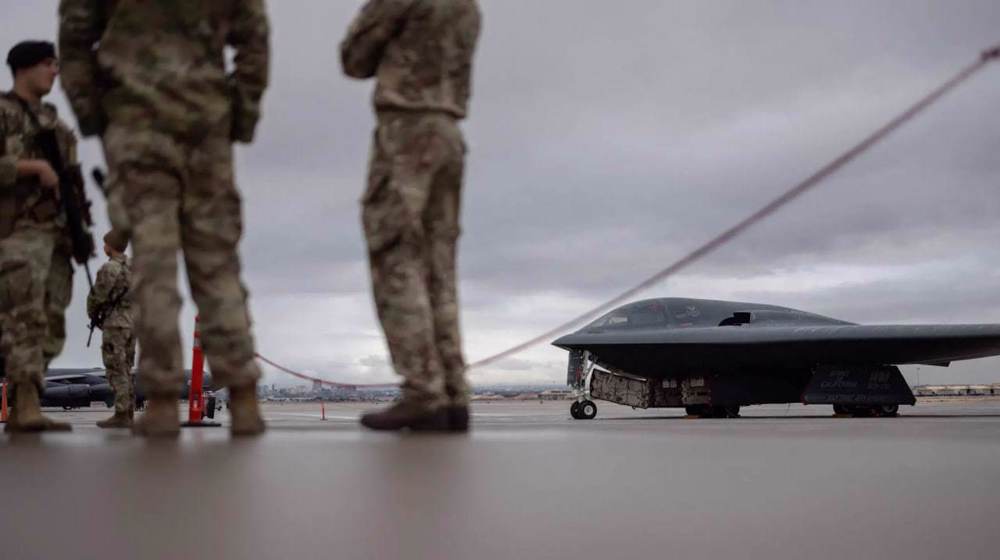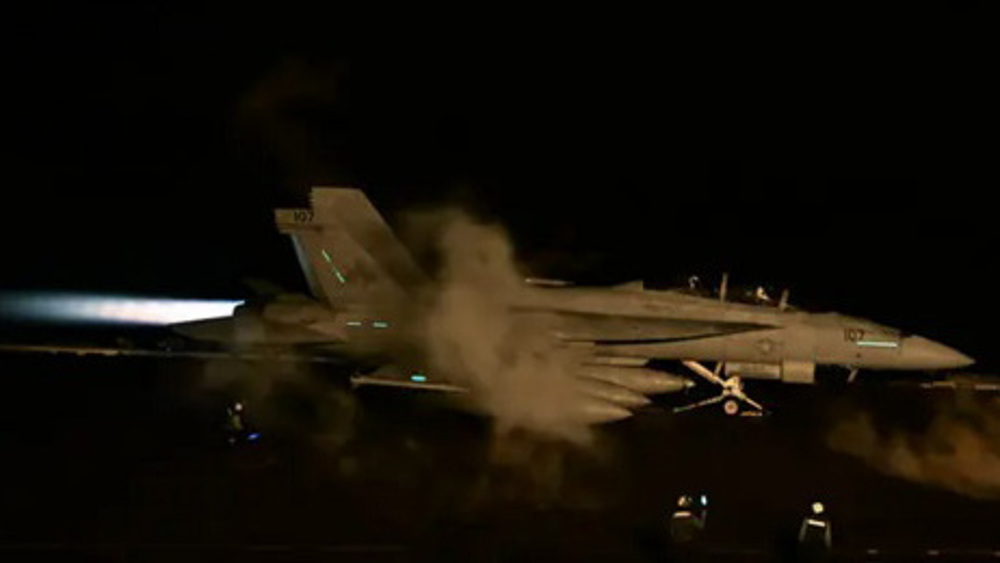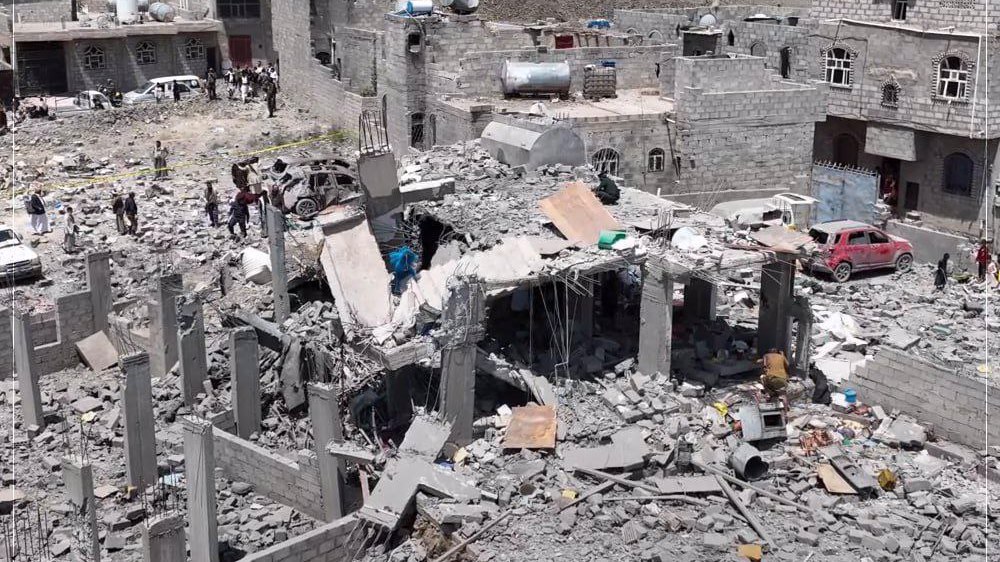Carter calls on US allies to step up fight against Daesh
US Defense Secretary Ashton Carter says more needs to be done as the United States has been unable to contain Daesh (ISIL) terrorists in Iraq and Syria.
"The international community -- including our allies and partners -- has to step up before another attack like Paris," Carter told the Senate Armed Services Committee on Wednesday, referring to a last month incident in the French capital that purportedly left 130 people dead.
Carter went on to say that the US is ready to assist the Iraqi Army with more equipment and personnel to help the fight against Daesh, particularly in the battle to completely retake the key city of Ramadi which fell to the terror group in May.
"The United States is prepared to assist the Iraqi army with additional unique capabilities to help them finish the job, including attack helicopters and accompanying advisers,” he said.
Carter also expressed disappointment with Saudi Arabia and other Arab states for being distracted by war in Yemen.
“Saudi Arabia and the [Persian] Gulf states joined the air portion of the campaign in the early days, but have since been pre-occupied by the conflict in Yemen both in the air and on the ground,” he told the lawmakers.
The Pentagon chief urged Turkey to exercise more control over its “porous” borders with Syria.
He noted that America has asked about 40 countries to help the international efforts by contributing special operations forces, combat and reconnaissance aircraft.
Carter welcomed France, Britain, Italy, and Germany’s intensification of their roles in the campaign and said the Netherlands also was weighing an escalation in efforts.
‘Russia should get on the right side’

Carter slammed Russia for attacking “opposition forces” instead of Daesh and urged Moscow to correct its course.
"Meanwhile, Russia, which has publicly committed to defeating ISIL, has instead largely attacked opposition forces. It's time for Russia to focus on the right side of this fight," he told the Senate panel.
Brett McGurk, America’s special envoy to the international coalition against Daesh, told reporters in Baghdad on Wednesday that only 30 percent of Russian airstrikes in Syria were targeting the terrorist group. He added that the rest of the Russian airstrikes hit "other armed groups."
"Our air campaign in Syria, we think it's very effective and we have the data to back that up," McGurk said. "The Russian air campaign has different objectives quite frankly."
Moscow began its air strikes against Daesh and other terrorist groups in Syria on September 30, upon a request from the Syrian government.

US war on Yemen risks draining arms Pentagon would need to deter China: Report

US war machine takes Yemen under 22 new attacks; 16 killed, injured in al-Hudaydah

American warplanes strike Yemen around 30 times in less than a day
VIDEO | Press TV's news headlines
VIDEO | BRICS+ Association of Cities, Municipalities held in Tehran
VIDEO | Protests erupt in front of US congress to slam Trump economic policies
VIDEO | Pakistan's religious leaders announce Jihad against Israel, US over Gaza genocide
Israel releases Palestinian boy who was arrested at age 13
Israeli CEO arrested for pedophilia and sexual assault
Israel's hawkish minister, husband accused of sex abuse by daughter
Iran breaks Germany's monopoly on cancer-treating Rhenium-188







 This makes it easy to access the Press TV website
This makes it easy to access the Press TV website